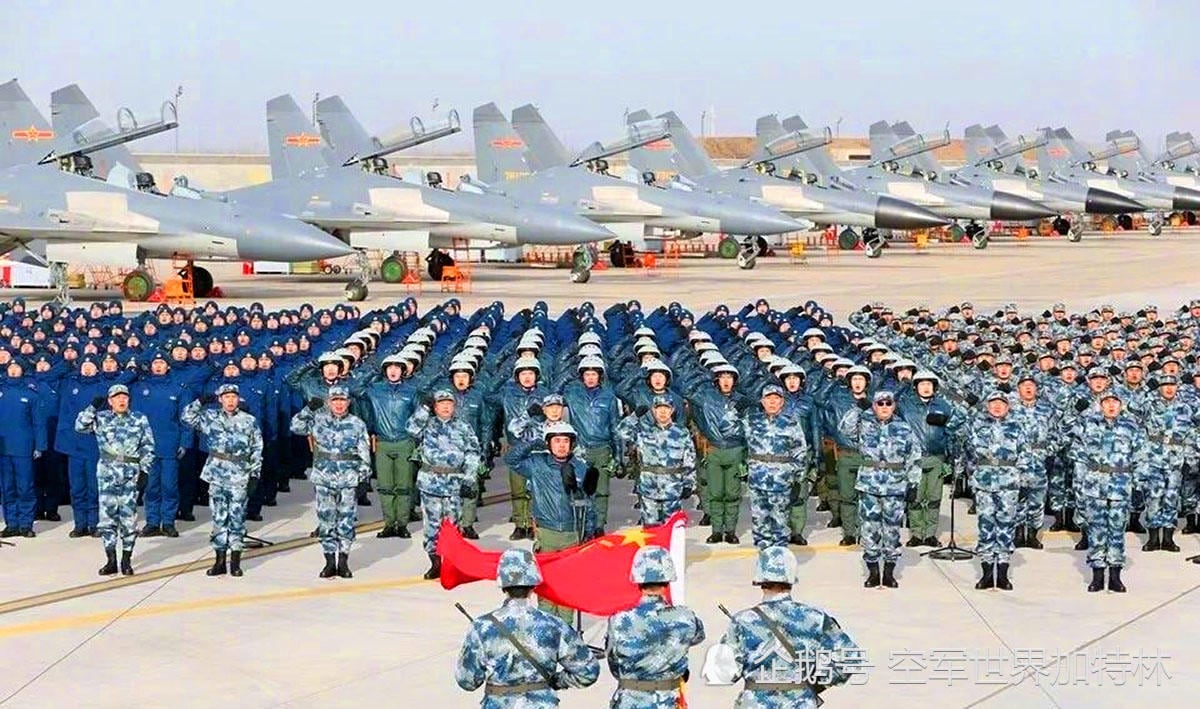If the United States wants to stay ahead of powers such as Russia and China, the Department of Defense will need greater investment in advanced networks to tie together the military spectrum, experts told a House of Representatives committee Tuesday, Jan. 30.
“The steps necessary to counter these threats are clear. Increase investment in long-range strikes, stealthy uninhabited aircraft to hunt mobile targets, advanced munitions, electronic warfare, and undersea strikes,” said Paul Scharre, a senior fellow and director at the Center for a New American Security’s Technology and National Security Program. He testified at a House Armed Services Committee hearing focused on the future of warfare.
Witnesses stressed throughout the hearing that the military is currently ill-prepared to compete with rivals on the world stage.
“I regret to say that the U.S. military is not ready for the threats we face today,” Scharre said. “The United States’ ability to project power abroad has been steadily declining for years.”
RELATED

The hearing took place just over a week after Defense Secretary Jim Mattis unveiled a new National Defense Strategy that the Pentagon says will inform military decision making for years to come. The new strategy calls for reforming business practices at the Defense Department and prioritizes competition with Russia and China, rather than combating terrorism. It also includes a series of investments focused on integrating space and cyberspace domains into the military spectrum of warfare.
In written testimony, Tom Mahnken, president and chief executive officer of the Center for Strategic and Budgetary Assessments, acknowledged that a present-day war with China or Russia would be fought in the cyberspace and space domain, along with more traditional areas of combat.
House Armed Services Committee Chairman Rep. Mac Thornberry, R-Texas, pressed the witnesses for their views regarding the Pentagon’s shift in focus to “peer competitors.” All three witnesses agreed that Russia and China represented a serious threat to U.S. national interests abroad.
“The prospect of a great power war is the most consequential threat that we will face and therefore it should be the centerpiece of our planning,” said Dr. Mahnken.
Later in the hearing, lawmakers questioned how the Defense Department could better allocate resources in order to compete technologically.
“There are lots of U.S. companies spending a lot of money investing in better computer chips, better artificial intelligence, better networking,” Scharre said. “We don’t need to try to replicate that; what we need to be able to do is spin that technology in more easily.”








